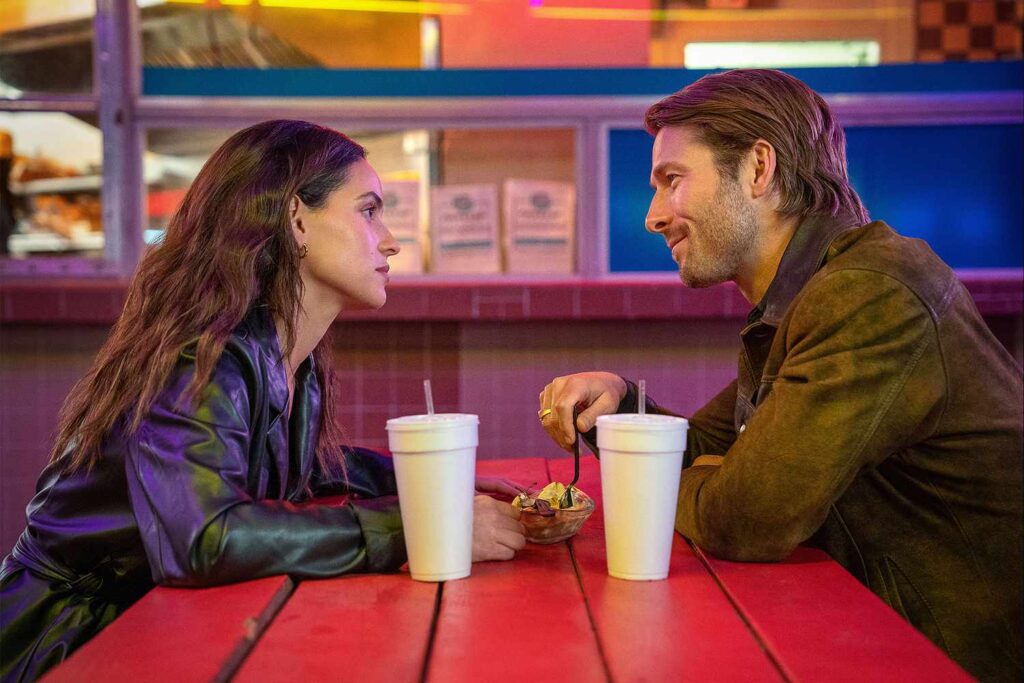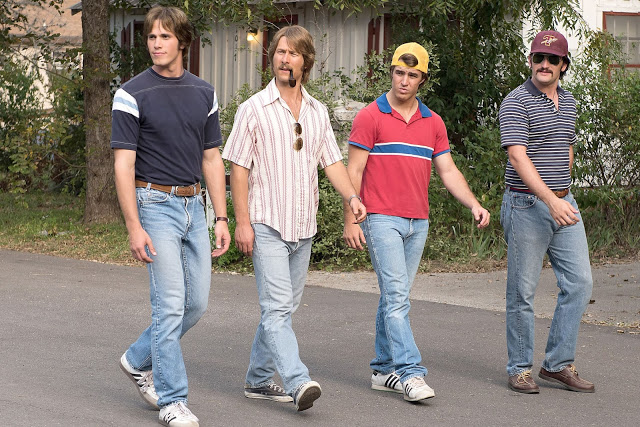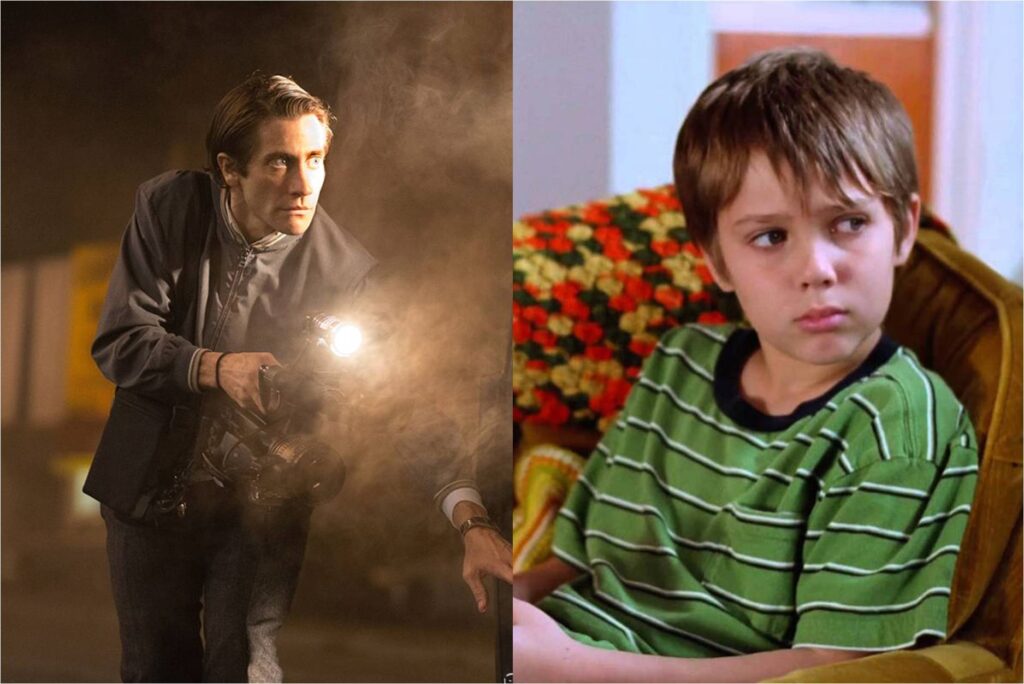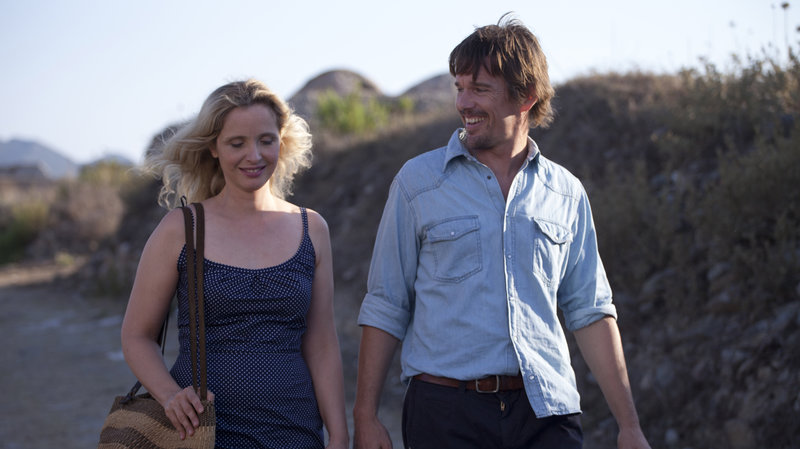Hit Man: Murder for Liar

Last year, Netflix released David Fincher’s The Killer, a fit between director and subject matter that was so hand-in-glove perfect, it practically felt like a self-portrait. Now the streaming giant is “distributing” (to your TV set, if not to your local theater) Richard Linklater’s Hit Man—a less obvious match. Linklater’s career is sufficiently long (his first feature came in 1990) that he can’t be pigeonholed into a single genre, but his best-known works—Dazed and Confused, the Before trilogy, Boyhood—are talky, leisurely dramedies that contemplate the passage of time with relaxed, unforced intimacy. He’s an ambler, not a sprinter. This is the guy to make a movie about an undercover faux assassin?
Turns out, the pairing—like Linklater’s cozy, fluid dialogue—is natural and smooth. That’s partly because Gary Johnson, the New Orleans philosophy professor whose real-life exploits entrapping solicitors of murder were previously chronicled by Skip Hollandsworth in a Texas Monthly article, is less a killer than a bullshitter; he outfoxes his quarry rather than overpowering them. But it’s also because Linklater has wielded his gift for capturing the idiosyncrasies of human connection—the freewheeling conversations, the swirling emotions, the physical attraction—and retrofitted it into a crime-adjacent thriller that’s more concerned with pleasure than violence. The result is a movie that’s consistently enjoyable and even a little suspenseful. Read More



 Before Sunrise was never supposed to start a franchise. A touching, wondrous glimpse of two people meeting and immediately falling in love, Richard Linklater’s 1995 romance worked perfectly well as a standalone story of a single night, even if the tantalizing ambiguity of its ending—in which nascent lovers Jesse (Ethan Hawke) and Celine (Julie Delpy) agreed to meet again in Vienna in six months’ time—left viewers speculating as to what happened next. But to our surprise, Linklater resumed their story in 2004 with Before Sunset, which reunited Jesse and Celine for a few fateful hours in Paris. As it turned out, logistical issues prevented the lovers from reconnecting in Vienna, but even after nine years, their chemistry still crackled, and Before Sunset concluded with the winsome suggestion that they might in fact live happily ever after. Did they? To answer that question, Linklater and his two leads (who, for this film and the last, are also his writing partners) have returned with Before Midnight, which shatters our fairytale expectations with stark realism and painful honesty. Jesse and Celine may yet find bliss, but as this movie makes ruthlessly clear, it won’t be easy.
Before Sunrise was never supposed to start a franchise. A touching, wondrous glimpse of two people meeting and immediately falling in love, Richard Linklater’s 1995 romance worked perfectly well as a standalone story of a single night, even if the tantalizing ambiguity of its ending—in which nascent lovers Jesse (Ethan Hawke) and Celine (Julie Delpy) agreed to meet again in Vienna in six months’ time—left viewers speculating as to what happened next. But to our surprise, Linklater resumed their story in 2004 with Before Sunset, which reunited Jesse and Celine for a few fateful hours in Paris. As it turned out, logistical issues prevented the lovers from reconnecting in Vienna, but even after nine years, their chemistry still crackled, and Before Sunset concluded with the winsome suggestion that they might in fact live happily ever after. Did they? To answer that question, Linklater and his two leads (who, for this film and the last, are also his writing partners) have returned with Before Midnight, which shatters our fairytale expectations with stark realism and painful honesty. Jesse and Celine may yet find bliss, but as this movie makes ruthlessly clear, it won’t be easy.